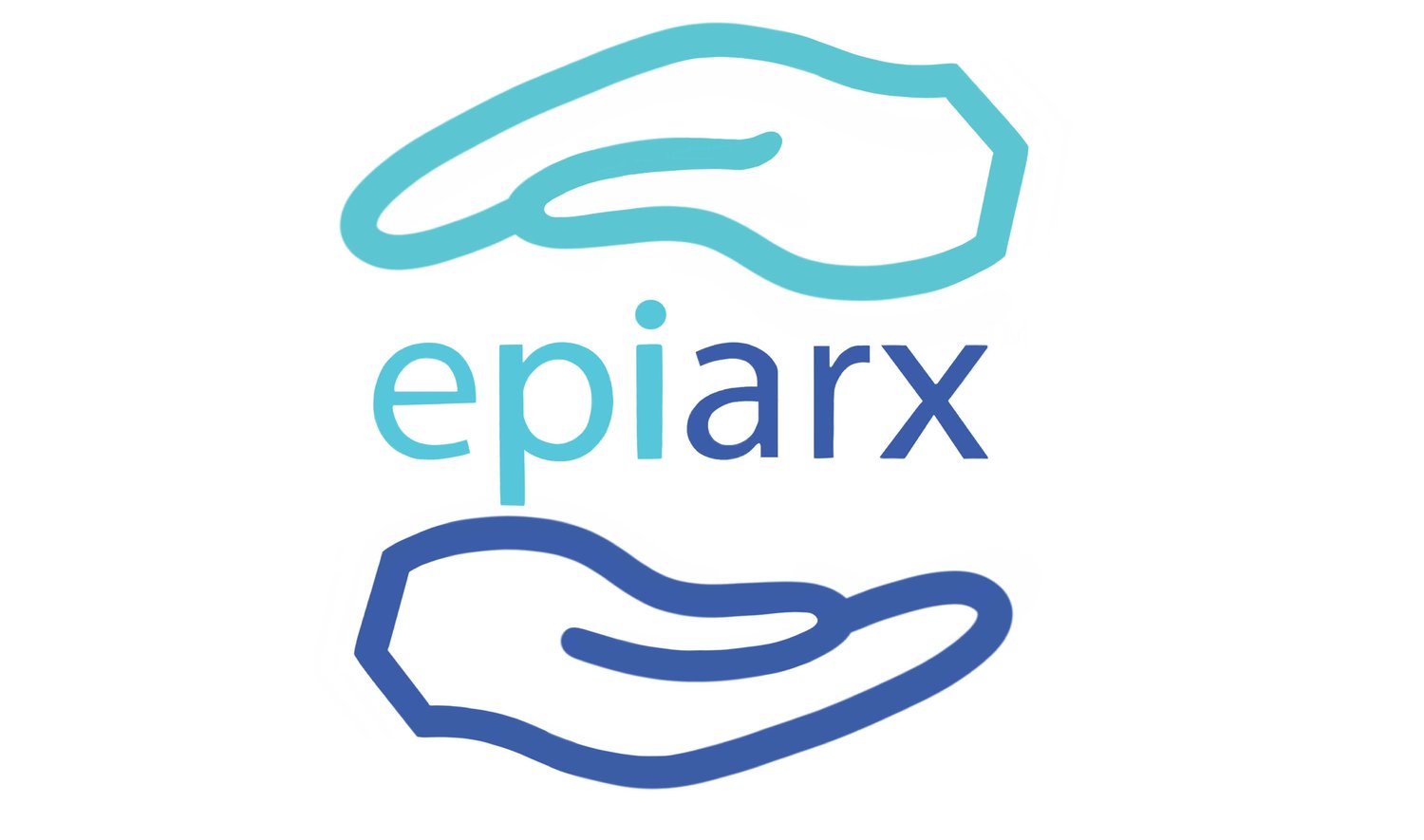Grief Doesn’t End With the Memorial Service: Postmortem Care Resources for Families
When a loved one passes, the days leading up to their celebration of life service can feel like a blur of logistics, emotions, and support from family and friends. But once the funeral ends and the visitors go home, many families discover a difficult truth: grief doesn’t end with the memorial service. That is why finding trusted family grief support after a funeral is so important
At EPIARX, we believe that healing requires more than ceremony. It requires answers, support, and reliable resources to guide families through the weeks, months, and even years that follow. Whether it’s understanding the medical “why” behind a loss or finding community in grief, families need tools that bring both clarity and comfort, including grief support resources they can trust
The Healing Power of Answers
One of the most overlooked aspects of grief is the role that unanswered questions play in prolonging pain. Families often tell us that not knowing why their loved one passed makes closure nearly impossible.
This is where private autopsy services and postmortem DNA testing provide more than science — they provide peace of mind. A private autopsy can uncover medical truths missed in hospital reports, and genetic testing can reveal hereditary risks that impact surviving family members.
Answers won’t erase grief, but they create a foundation for healing. Knowing the truth gives families the ability to move forward with confidence, whether that means making preventive health decisions or simply honoring their loved one’s story with accuracy.
But healing is not only about finding answers; it is also about the ongoing support families can turn to after the service.
Emotional Support After the Service
Grief is a deeply personal journey, but it doesn’t have to be faced alone. Professional and peer resources can provide the structure and support families need:
Grief Support Groups: Local community centers, churches, and organizations like GriefShare or The Dougy Center offer guided groups where families can share experiences and coping strategies.
Mental Health Resources: Licensed therapists who specialize in grief and trauma can help individuals process emotions and navigate complicated grief. The American Psychological Association and National Alliance for Grieving Children provide directories of specialists.
Online Communities: Virtual forums and moderated social networks can offer an ongoing connection for those who prefer the privacy of home.
Legal and Practical Resources Families Often Overlook
Beyond the emotional impact of loss, families are also faced with practical realities: estates, medical records, insurance claims, and sometimes legal questions. These tasks can feel overwhelming, but resources are available:
Understanding Death Certificates: The CDC Vital Statistics Office offers guides for families who need certified records for insurance or estate processes.
Estate Planning Support: Organizations like the American Bar Association provide referrals to qualified estate attorneys who can help with wills, probate, or trusts.
Malpractice and Legal Support: In cases where questions about medical care remain, directories like Martindale-Hubbell or state bar associations connect families with vetted malpractice attorneys.
By including these practical tools in our Support Center, EPIARX strives to make sure families don’t have to search alone. Beyond legal and practical needs, many families also look for ways to connect loss with prevention and legacy.
The Role of DNA Preservation in Legacy and Prevention
Modern grief care increasingly includes preventive and legacy-building tools. DNA preservation for families has become a way to connect grief with proactive care. Through services like CircoGen™, families can store genetic material for future testing, ensuring that even after loss, loved ones continue to protect future generations.
This practice bridges grief with proactive care. Families can:
Identify inherited conditions such as heart disease, clotting disorders, or genetic cancers.
Provide physicians with data that can guide screening and preventive care for surviving relatives.
Preserve a genetic legacy that can be revisited as medical science advances.
For many, this transforms loss into a lasting gift, knowledge that protects.
Why Resources Matter
Grieving families don’t just need sympathy; they need practical, trustworthy guidance. That’s why at EPIARX, we’ve built a Support Center with:
Funeral home planning tools
Guides on requesting autopsies and second opinions
Links to national grief support groups
Information on clinical trials and genetic testing
We believe that providing resources is part of care. It means families can find what they need, from emotional support to medical clarity, in one place, without the burden of searching during their most difficult days.
Final Thought: Finding Answers is Part of Healing
Grief doesn’t follow a calendar, and healing isn’t linear. But clarity, support, and resources can help families take steps forward, whether it’s confirming a diagnosis through an autopsy, uncovering hereditary risks through DNA, or simply finding a support group to share the journey. Every tool matters.
At EPIARX, we are committed to standing with families not only at the time of loss but also in the long road that follows. Because grief doesn’t end with the service, and neither should care. At EPIARX, we are here with answers, support, and resources to help families through the difficult days that follow.

